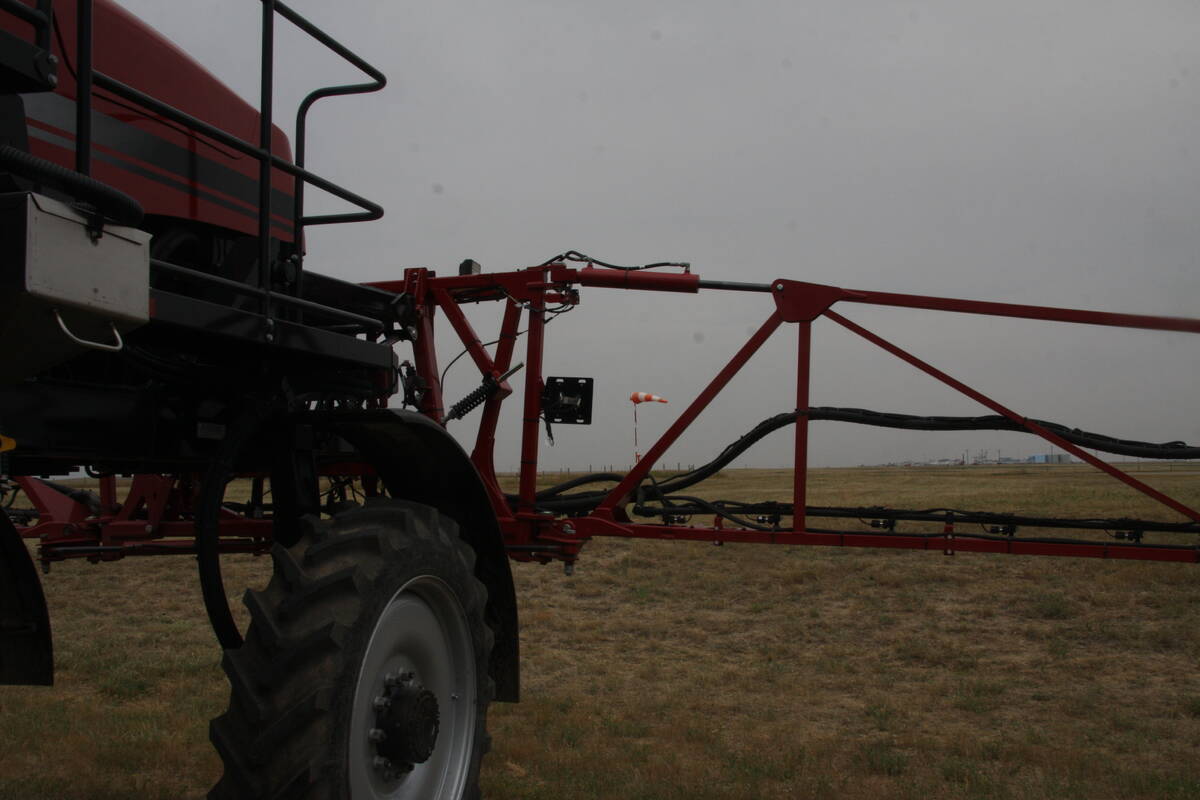Jack Horner, a former Alberta member of Parliament and rancher, died Nov. 18 in Calgary after a short battle with cancer at the age of 77.
He was first elected to the House of Commons in 1958 as a Conservative under prime minister John Diefenbaker.
Known for his outspokenness and strong voice for the West, he shocked supporters when he crossed the floor and joined prime minister Pierre Trudeau’s Liberal cabinet in 1977. Horner later became minister of industry, trade and commerce, but was defeated in the 1979 election.
He was appointed to the board of the Canadian National Railways and from 1982-84 served as chair. After that he was chair of the Grain Transportation Agency until 1988.
Read Also

More work wanted on removing red tape
REGINA — Canadian farmers risk falling further behind competitors if two main federal agencies don’t become more efficient and responsive…
Most recently he was chair of the Alberta Grazing Leaseholders Association. Under his leadership, the group fought the Alberta government for a fair deal on grazing leases for ranchers. They successfully lobbied the province to rescind a public lands bill and write new legislation more palatable to ranchers.
Political roots
Horner was born in Blaine Lake, Sask. His family later moved to east-central Alberta where he ranched in the Pollockville area with his wife Leola and two sons, Craig and Brent.
His family has been heavily involved in western politics. His father, Ralph Horner, was reeve of the local municipality and his mother was on the school board when they lived at Blaine Lake.
Ralph Horner was later appointed to the Senate in 1933 and served there until his death in 1964.
His brother Hugh, a veterinarian, also sat in the Diefenbaker caucus of 1958 as an Alberta MP. He later went on to serve in the Alberta legislature under Peter Loughheed.
Hugh Horner was deputy premier and held several cabinet posts including agriculture.
Book tells ‘heart-warming’ story of generosity
By Barry Wilson
Ottawa bureau
news
Willard McWilliams, the Ottawa area farmer who with his son Wyatt launched the 2002 Hay West campaign that sent tonnes of hay to a prairie region caught in drought, doesn’t hesitate when asked if the campaign was a one-of-a-kind event.
“Not a chance,” he said during a recent Parliament Hill launch of a book on the Hay West campaign. “When farmers are in trouble, other farmers see that their brothers need help and they help when they can.”
The book Hay West by the campaign’s financial adviser Bob Plamondon describes the evolution of the effort from the July morning when Willard McWilliams saw a television report about the devastating western drought, followed by the call Wyatt made that afternoon to a local councillor about organizing help, and leading to the eventual national effort that sent 60,000 large bales of hay to the Prairies.
Plamondon called it “a heart-warming story. It is about farmers helping farmers, neighbours helping neigh-bours, the East supporting the West and the goodwill and generosity of Canadians.”
The book is published by Red Deer Press and will be available through bookstores and Home Hardware stores.
About $2.40 per book will be sent to 4-H and to the Hay West foundation, which is planning a fundraising Ottawa concert this winter to buy local cull cattle and donate the meat to food banks.
“What we want to do is get some of those older cows out of the system and to pay farmers a decent price for them,” Wyatt said.
The book portrays then-agriculture minister Lyle Vanclief as reluctant to get involved and insensitive to the extent of the drought damage.
It praises the work of a broad range of MPs including Ontario Liberal Don Boudria, Alberta Conservative MPs Kevin Sorenson and Myron Thompson and Saskatchewan Conservative Carol Skelton.
It also offers advice on what turned a Navan, Ont., farm kitchen conversation between father and son into a national campaign.
“Media made Hay West,” wrote Plamondon. Without favourable coverage, the idea would not have taken root, he said.
“Be clear and focused about what is to be accomplished and why.
“And don’t build a big bureaucracy and develop money-spending habits or plans.
“The goodwill around Hay West could have easily evaporated if money had been wasted or spent recklessly,” Plamondon wrote. “Even a hint of lavish spending could have changed the perception of Hay West overnight.”
He said the farmer-run movement had a frugal character and image that attracted Canadians.

















